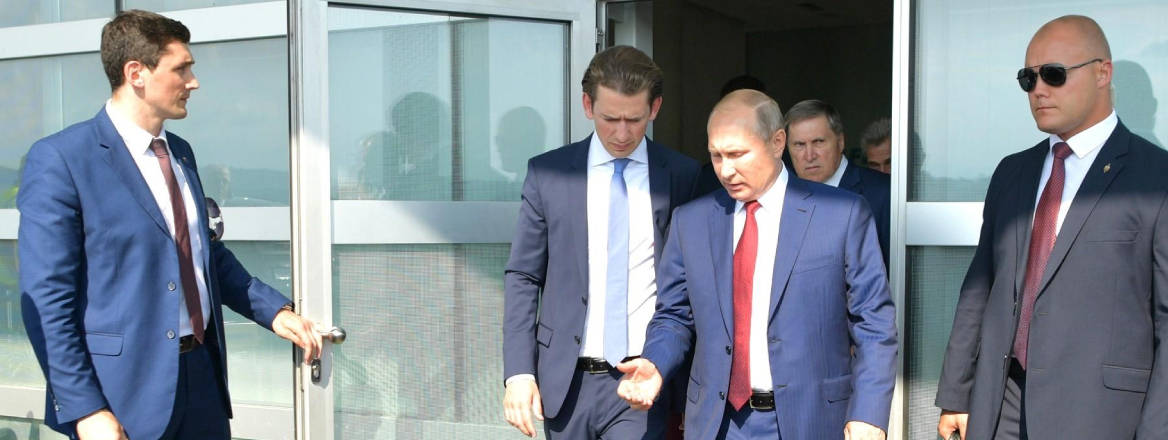Between Affluence and Influence: Examining the Role of Russia and China in Austria
In the second paper in RUSI's series on Russia and China in Europe, Tessa Szyszkowitz examines their role in Austria.
Since the outbreak of the coronavirus pandemic, relations between China and the rest of the world have been put to a new test. However, even before this, cooperation between European countries and China has been under review. The rise of China has challenged small states like Austria to find ways to deal with a country which increasingly asserts itself as one of the big global players.
Strong economic ties to China are, of course, in Austria’s interests. The government in Vienna therefore seeks close bilateral relations to the government and business community in Beijing. In April 2019, China and Austria signed a memorandum of understanding on third-party market cooperation. Within the framework of the Belt and Road Initiative, which China rolled out and Austria has joined, the two countries are setting up more favourable conditions for investment.
Similarily, Austria has strong economic ties with the Russian Federation. Due to the geographic proximity, Austria’s relationship to Russia has always been much closer than to China. Russia has played a much bigger part in Austria’s history for the simple reason that, as the Soviet Union, it was one of the four allies that liberated Austria from the Nazi regime, administering the country until it became independent and militarily neutral in 1955.
However, as this paper will show, there are concerns that China’s and Russia’s economic investments in Austria are not always free from strategic interests. Due to the rise of authoritarian politics in both China and Russia, relationships have come under strain in recent years.
This paper looks at the influence China and Russia are exerting in Austria to facilitate their economic and political interests. Political and media influence attempts, as well as common financial interests, are assessed, alongside an evaluation of how cultural institutions are used to make inroads into Austrian society. Alleged Chinese and Russian activity with regards to secret services and organised crime are also scrutinised.
On a political level, Austria usually tries to act in tune with EU Common Foreign and Security Policy decisions. But not always. In terms of Russia, Austria shows more pro-Kremlin tendencies than most other EU states. This works to Russia’s advantage, because if it wants to influence the EU to lift the sanctions introduced after the illegal annexation of Crimea in 2014, it might be easier to start with a small member state.
Economic decisions are made using a case-by-case approach. China has invested strategically in sectors of the Austrian economy, such as aviation. Russia has a longstanding interest in Austria’s energy infrastructure sector. However, due to the coronavirus crisis, all economic activity has slowed in the first half of 2020.

